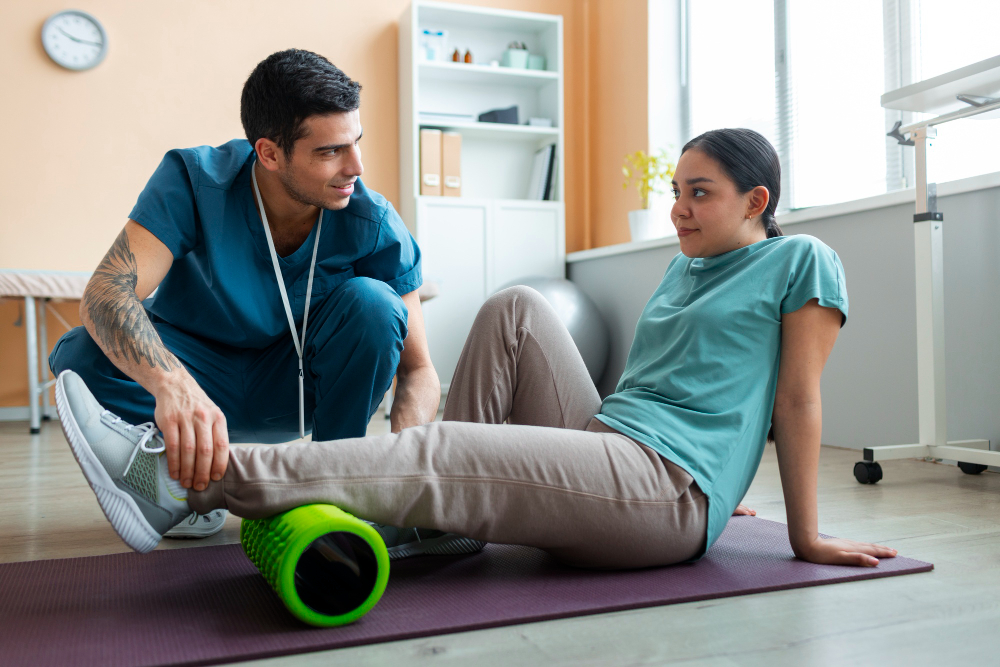Introduction
After an injury or accident, post-trauma care and rehabilitation help people heal and regain strength. Many seek natural ways to support recovery. Ayurveda for post-trauma care offers gentle, holistic methods to aid healing. This ancient Indian system uses herbs, therapies, and lifestyle changes. As a result, it can help manage pain, reduce stress, and speed up recovery. In this guide, you will learn how Ayurveda supports post-trauma rehabilitation and what steps you can take for better healing.
Common Symptoms and Challenges After Trauma
Trauma can affect both the body and mind. People often face many symptoms and challenges during recovery. For example, you may notice:
Moreover, some people struggle with daily tasks or feel frustrated by slow progress. Therefore, a complete approach to care is important for full recovery. According to the World Health Organization (WHO), early and ongoing rehabilitation improves outcomes after trauma.
Ayurvedic Principles in Post-Trauma Recovery
Ayurveda views health as a balance of body, mind, and spirit. After trauma, this balance is often disturbed. Therefore, Ayurvedic care focuses on restoring harmony. Key principles include:
In addition, Ayurveda uses personalized plans. Each person’s recovery is unique. As a result, treatments are tailored to individual needs.
Key Ayurvedic Therapies and Treatments for Rehabilitation
Ayurvedic therapies can help manage pain, improve movement, and speed up healing. Some common treatments include:
However, always consult a qualified Ayurvedic practitioner before starting any therapy. This ensures the treatments are safe and suitable for your condition.
Diet, Lifestyle, and Home Remedies for Healing
What you eat and how you live can affect your recovery. Ayurveda recommends simple changes to support healing. For example:
Additionally, home remedies like turmeric milk or herbal compresses may help reduce pain and swelling. But, always check with your doctor or Ayurvedic specialist before trying new remedies.
Prevention of Complications and Tips for Long-Term Recovery
Preventing problems after trauma is important for lasting health. Ayurveda suggests several tips for long-term recovery:
Furthermore, staying positive and patient helps the mind and body heal. The Centers for Disease Control and Prevention (CDC) notes that ongoing care and support improve recovery after trauma.
When to Consult an Ayurvedic Specialist
While home remedies can support recovery, some post-trauma cases need professional care. You should consult an Ayurvedic expert if you:
Always inform your primary doctor about any Ayurvedic therapies you follow to prevent unwanted side effects or interactions.
Consult Ayurvedic specialists at Pransutra – The Longevity Clinic for personalised post-trauma care and holistic rehabilitation guidance.


